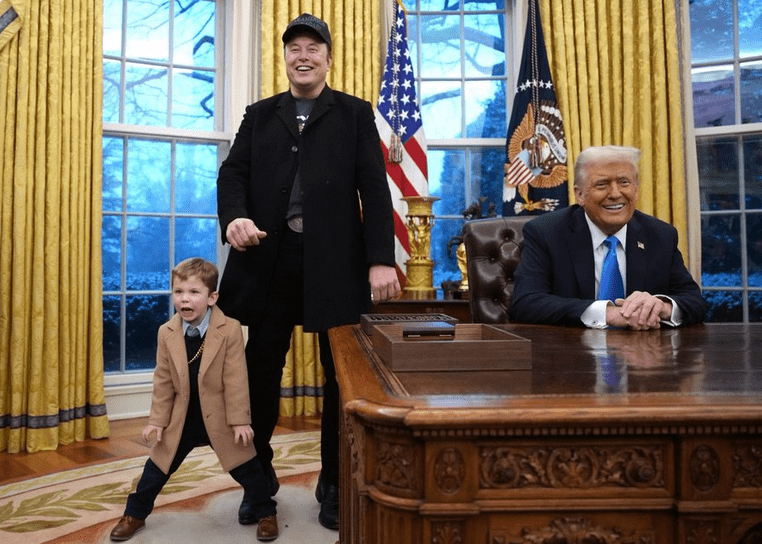The U.S. Department of Government Efficiency (DOGE), spearheaded by Elon Musk, has recently intensified scrutiny of the substantial wealth accumulated by certain U.S. politicians, raising questions about the sources of their fortunes relative to their official salaries. This initiative has ignited a contentious debate over potential conflicts of interest, ethical governance, and the transparency of public officials.
Politicians Under Scrutiny

Prominent figures such as former House Speaker Nancy Pelosi, Senator Mitch McConnell, and Senator Elizabeth Warren have come under the spotlight due to the significant disparity between their official incomes and reported net worth.
For instance, Nancy Pelosi‘s annual salary is approximately $223,000, yet her net worth is reported to be around $202 million. Similarly, Mitch McConnell earns about $200,000 annually, with a net worth estimated at $95 million. Elizabeth Warren‘s annual income is reported at $285,000, with a net worth of $67 million.
These figures have led to public speculation about the means through which such wealth has been amassed, with allegations ranging from insider trading to leveraging political influence for personal gain.
Public and Political Reactions
The X user Gabor Gurbacs (X profile) has extensively explained the income and wealth situation of individual US top politicians and pointed out that the politicians’ wealth could not be achieved with their income. DOGE mastermind Elon Musk commented that politicians are not NBA stars or successful entrepreneurs. He continues to ask where they got all the money. All in all, a crusade against the absurd accumulation of wealth by US politicians seems to be underway, which is likely to raise many more questions. The fear of Musk and DOGE is spreading in Washington.
The revelations have sparked a wave of criticism and calls for greater transparency. Critics argue that the accumulation of substantial wealth by public officials undermines public trust and raises concerns about potential corruption. There are increasing demands for stricter regulations on financial activities of lawmakers, including proposals to ban stock trading by members of Congress to prevent conflicts of interest.
Supporters of the politicians in question argue that their wealth is a result of prudent investments and spousal income, asserting that there is no evidence of wrongdoing. They emphasize that financial disclosures are made in accordance with legal requirements and that wealth accumulation does not necessarily indicate unethical behavior.
DOGE’s Role and Musk’s Involvement
Elon Musk, appointed by President Trump to lead DOGE, has been vocal about the need to address government inefficiency and potential corruption. DOGE‘s mandate includes identifying and eliminating wasteful government expenditures, a mission that has led to the examination of politicians’ financial activities. Musk’s involvement has been both lauded for bringing a business-like approach to government reform and criticized for potential overreach and lack of governmental experience among his appointed team.
Conclusion
The scrutiny of politicians’ wealth by DOGE underscores a broader concern about ethics and transparency in government. While the accumulation of wealth by public officials is not inherently indicative of corruption, the significant disparities between official incomes and net worth warrant thorough examination to maintain public trust. As DOGE continues its efforts, it is imperative that investigations are conducted with impartiality and that any findings are addressed through appropriate legal and ethical channels.






